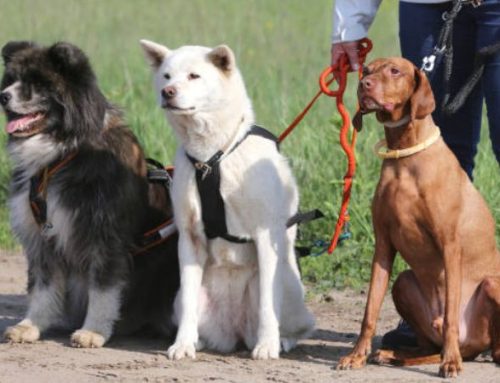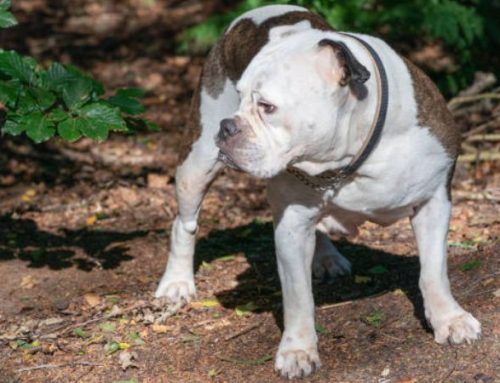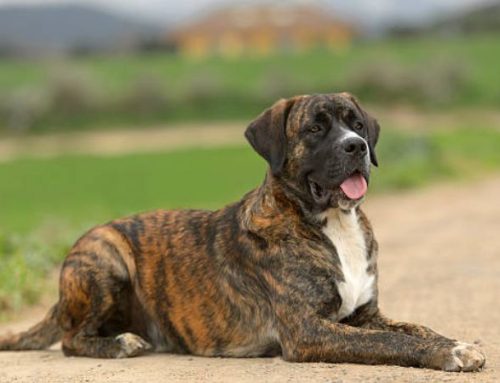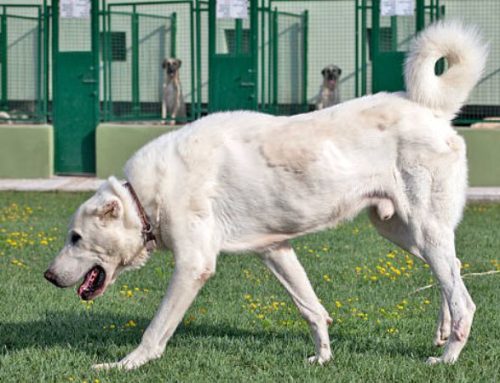The Carolina Dog is a medium-sized breed that combines the wild appearance of a jackal or wolf with traits of a small sighthound. Its unique look often raises questions especially about its temperament. Are Carolina Dogs aggressive, or do they have a different side? Join Nexus-pets as we explore the true nature of this fascinating breed and uncover the facts behind the rumors.
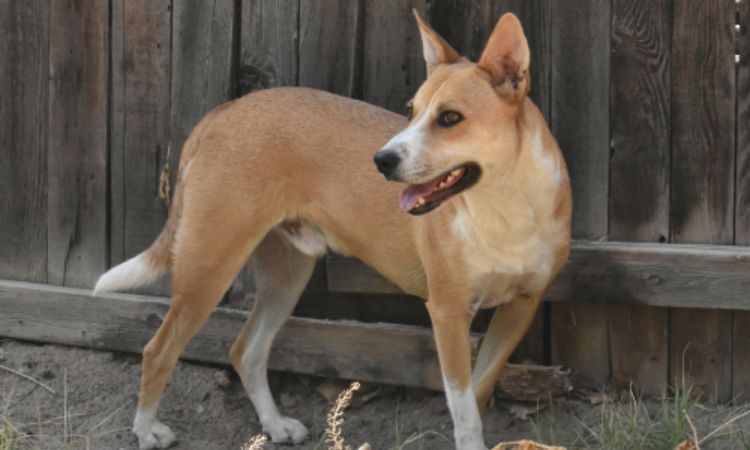
Understanding Aggression in Carolina Dogs
Aggression is generally not a typical trait of Carolina Dogs; however, it can occur in specific situations. When aggressive behaviors do appear, they are often linked to underlying emotions such as fear, anxiety, or protective instincts—especially when the dog perceives a threat to itself, its territory, or its pack members. Carolina Dogs have a strong pack mentality and heightened alertness, which can sometimes manifest as wariness or defensive aggression toward strangers or unfamiliar animals.
Another important factor to consider is their naturally high prey drive. This instinct means Carolina Dogs may show intense interest or even aggression toward smaller animals like cats, rabbits, or squirrels. Without proper management, this can lead to chasing or aggressive interactions.
Because of these tendencies, early and consistent socialization plays a crucial role in minimizing the risk of aggressive behaviors. Exposing Carolina Dogs to a variety of people, animals, environments, and situations in a controlled, positive way helps build their confidence and reduce fear-based reactions. Proper training combined with socialization enables these dogs to become well-adjusted companions who can distinguish between genuine threats and everyday encounters, significantly lowering the likelihood of aggression.
Socialization and Training
Early socialization and consistent training are essential to help Carolina Dogs develop good temperaments and minimize negative behaviors. These dogs are intelligent and loyal but can also be quite stubborn and possess a strong prey drive, so training requires a firm yet gentle approach.
Using positive reinforcement and steady leadership is key. Instead of harsh punishments, rewarding desired behaviors builds trust and motivates the dog to learn. Common challenges include their stubborn nature and strong pack instincts, as well as a high prey drive that can lead to overexcitement around smaller animals. Without proper socialization, they may also react aggressively or fearfully toward unfamiliar people or dogs.
To manage reactivity and reduce aggression, regular impulse control exercises and reliable recall training are important. Techniques such as gradual desensitization and counter-conditioning help reshape negative responses. Additionally, ensuring the dog receives enough physical activity lowers stress levels and prevents destructive behaviors caused by boredom.
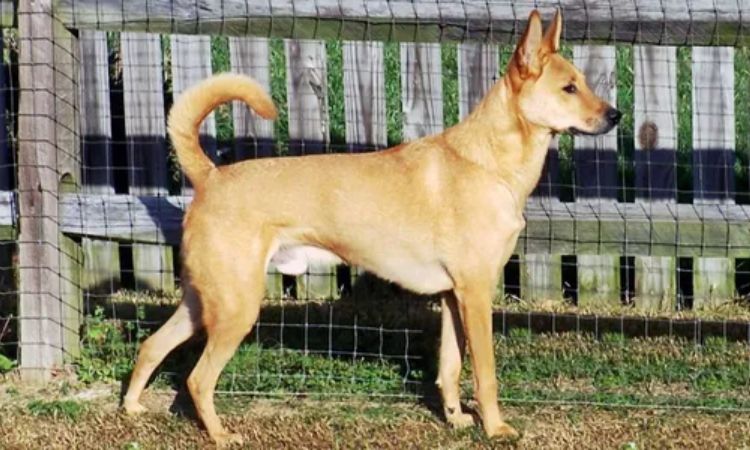
Interaction with Children and Other Pets
Carolina Dogs typically do well with children, especially when they are socialized early and consistently. Their loyalty and protective instincts make them devoted family members, but it’s important to teach both the dog and children how to interact respectfully to ensure a harmonious relationship.
However, their strong prey drive means they can be a risk around smaller pets like cats or small dogs. Owners should exercise caution and provide supervised introductions to prevent any unwanted chasing or aggression.
In homes with multiple dogs, Carolina Dogs often adapt smoothly, particularly when the other dogs are of a similar size and temperament. Their natural pack mentality supports living in a social group, making them good companions in multi-dog families.
Common Misconceptions About Carolina Dog Aggression
Although Carolina Dogs have a wild ancestry and were once free-ranging animals, they are not inherently aggressive by nature. Their origins do not mean they possess a natural tendency toward hostility; instead, their behaviors are shaped by socialization and environment.
It is important to distinguish between true aggression and behaviors driven by protectiveness or shyness. Carolina Dogs often exhibit wariness toward strangers, which can be mistaken for aggression. This cautiousness is a survival trait from their wild past, meant to protect their pack and territory rather than to threaten unprovoked.
Their natural instinct to be reserved or suspicious of unfamiliar people or animals explains why they might seem aloof or hesitant. However, this should not be confused with hostility — when properly socialized and trained, Carolina Dogs are loyal and affectionate companions who respond well to their trusted family members.
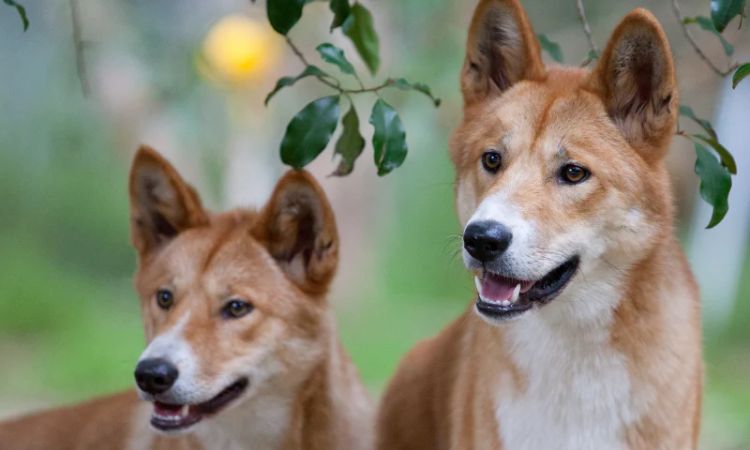
Owner Responsibility and Environment
Caring for a Carolina Dog requires a committed owner who understands the breed’s need for both mental and physical stimulation. Without regular exercise and engaging activities, these intelligent and active dogs can become bored, which often leads to unwanted behaviors such as excessive barking, chewing, or digging. Providing ample opportunities for your Carolina Dog to explore, play, and think is essential to keeping them happy and well-adjusted.
Ideal living conditions for a Carolina Dog include an active household with plenty of space to roam safely. While they are medium-sized dogs that can physically fit into apartments, Carolina Dogs tend to thrive best in homes with a yard or access to outdoor areas where they can satisfy their natural curiosity and strong prey drive. Without adequate space and stimulation, they may become restless or anxious.
Neglecting proper training and socialization can contribute to behavioral problems, especially since Carolina Dogs can be wary of strangers and other animals if not adequately introduced early in life. Owners must invest time and patience in consistent, positive training methods to minimize fear-based reactions and to help their dogs develop confidence and good manners. Ultimately, responsible ownership that balances physical exercise, mental challenges, and social experiences will ensure a well-behaved and content Carolina Dog.


